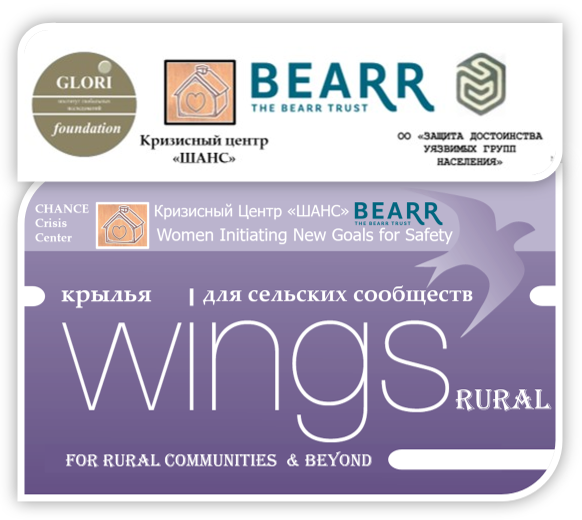Project Report: WINGS helps combat domestic violence in rural areas of Kyrgyzstan
SGS 2023 Grantee: Chance Crisis Center, Bishkek, Kyrgyzstan, with other CSOs
Project: Pilot project to test American evidence-based WINGS methodology to reduce risk of domestic violence
Here is their report:
In Kyrgyzstan, as well as in other countries of Central Asia and all over the world, violence against women and girls remains a serious social challenge. Only 6% of women at risk who need intimate partner violence prevention services are receiving them. Failure to address this violence increases the likelihood of a host of negative physical and mental health consequences.
“Our Moskovsky district, due to its geographical location, is far from the resources that are available in the capital – for example, we have no crisis centres, nor enough trained psychologists – but there is a wide network of municipal social protection agencies whose employees could use their capacity to help women in situations of violence. To do this, we need a clearly structured, agreed case management and referral model. Can you help us develop such a mechanism?”
This call came from Ryskan Moldakunova, an activist from the Moskovsky district of the Chui region who heads the NGO Protecting the Dignity of Vulnerable Population. She addressed this request to the Bishkek-based Chance Crisis Center and the GLORI Foundation on behalf of the district social protection service. As a result of this request, the team at Chance, together with colleagues at the GLORI Foundation, applied for support from the BEARR Trust to disseminate the WINGS intervention methodology in the region’s administrative centres, and their grant application was approved. This entire project was funded by the BEARR Trust Small Grants Scheme. The GLORI Foundation worked on monitoring and evaluation.
The project implemented in July-December 2023 covered the Moskovsky district, whose population is more than 100 000. In the current conditions, when state social security needs support, the issue of providing effective assistance to women and girls affected by gender-based and family violence is acute. Niyazbek Egemkulovich Kozuev, the Head (akim) of the Moskovsky district, supported our efforts and gave us with all the support we needed.
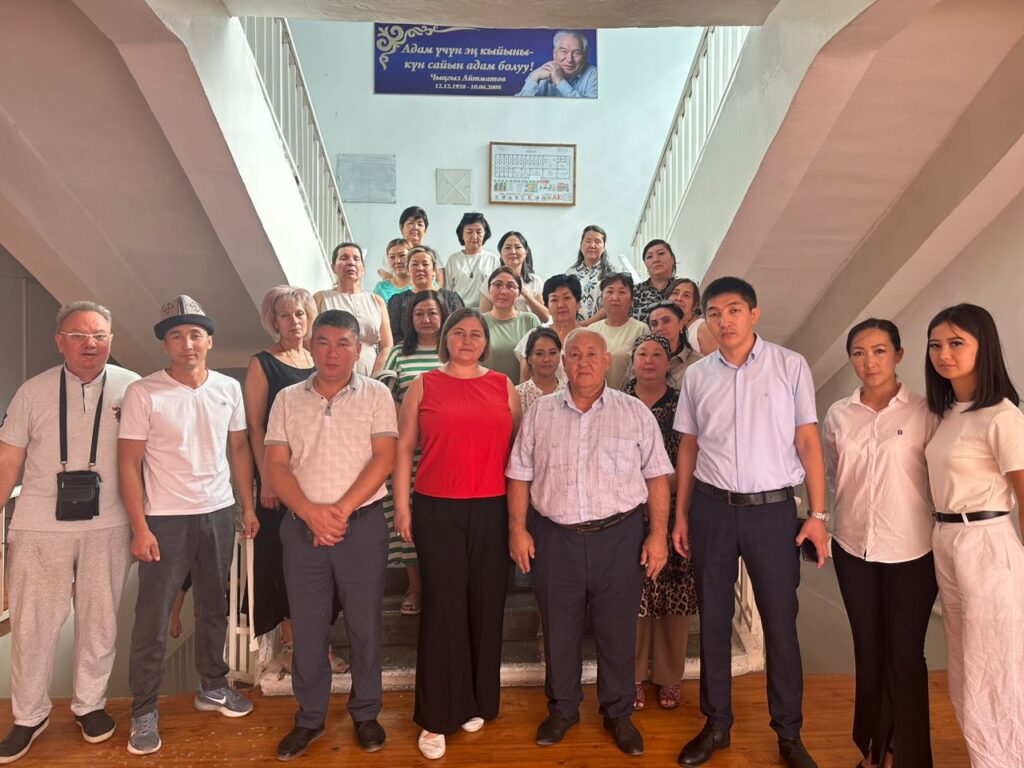
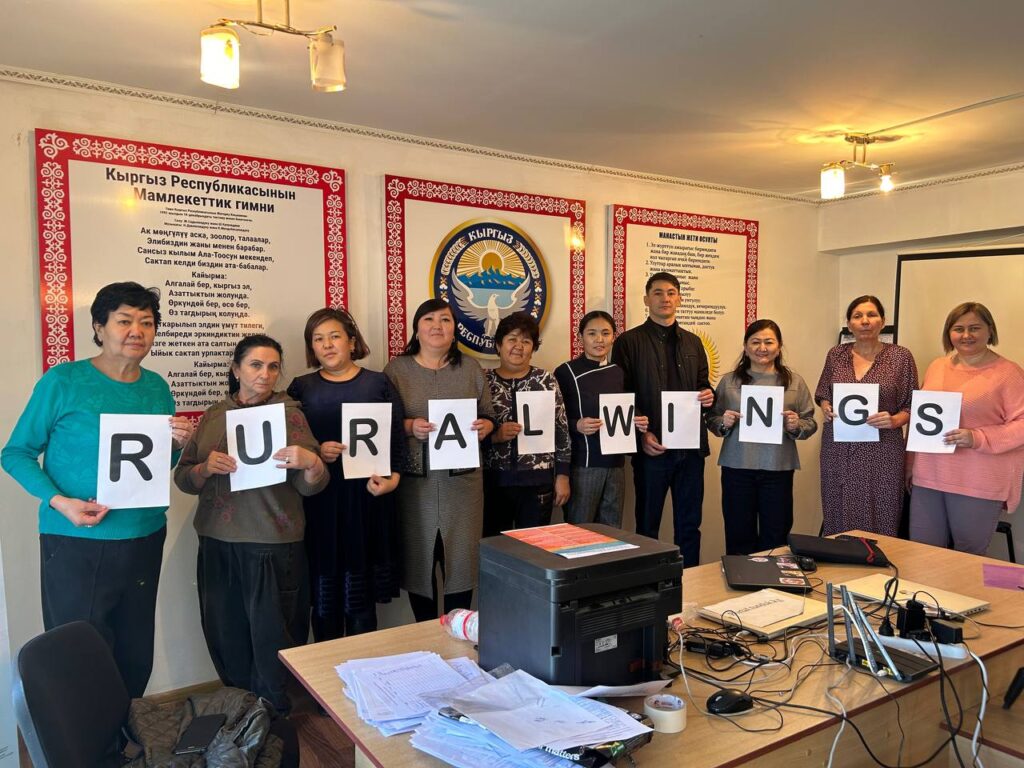
The consequences of gender-based violence are serious, affecting the physical, mental and sexual health of women and girls. It affects women throughout their lives and is a leading cause of injury, disability and death among women, as well as negatively impacting the health and well-being of professionals providing services to the women and girls affected. When providing assistance, a systematic approach is important, so our project consisted of two phases: first, we prepared and conducted training for employees of government and municipal social protection bodies and rural community activists in the region, and after that we planned and provided three months of external support and supervision for the participants. The training was conducted using the WINGS methodology adapted to the context of rural communities.
WINGS (Women Initiating New Goals for Safety) gender-based violence (GBV) prevention intervention is an evidence-based Screening, Brief Intervention, and Referral to Treatment (SBIRT) model consisting of 1-2 individual sessions focusing on raising awareness of and screening for different types of intimate partner violence and GBV, safety planning, enhancing motivation and social support to address violence, goal setting, linkage to GBV and medical services.
The Rural WINGS model is based on the same conceptual framework and utilises the same key strategies; however, it is adapted to a rural context where access to services is significantly more challenging than in city environment.
The one-day training conducted at Belovodskoe Village for 28 staff members of the municipal and rural social protection agencies, was aimed at demonstrating the capacity of the WINGS integrated intervention model as a platform for programmes for women in rural communities who are either survivors of or at risk of gender-based violence.
Work on improving the WINGS model and its introduction into the work of previously uninvolved organisations and service providers is relevant in connection with the situation in the Kyrgyz Republic, where one of the priorities is to uphold the rights and opportunities of women and improve their access to medical and social services. This, in turn, is one of the requirements of the National Strategy for Sustainable Development of the Kyrgyz Republic up to 2040 (NSDS).
The strategy calls for the development and implementation of a sustainable system of coordinated and integrated work in cases of gender discrimination and violence, as well as taking steps to increase sustainability, accessibility and institutionalisation of actions aimed at providing assistance to such victims which is consistent with the requirements of numerous international conventions on women’s rights, including the Convention on the Elimination of All Forms of Discrimination against Women (CEDAW).
The training was facilitated by Elena Tkacheva, Yulia Davydova, Asel Akmatova (Chance Crisis Center) and Danil Nikitin of GLORI Foundation, and moderated by Ryskan Moldakunova of the NGO Protecting the Dignity of Vulnerable Populations.
The leadership of the Moskovsky region, where the training was held, ensured the attendance of government and municipal employees from agencies and social services directly engaged in providing assistance to persons seeking help in cases of violence, provided convenient premises and created the necessary conditions for the effective conduct of the training.
In his opening speech, the head of the State Administration emphasised the importance of compliance with the Law of the Kyrgyz Republic “On protection from family violence” and ensuring conditions for compliance with the established procedure for providing assistance to persons affected by family violence, within the framework of which they receive legal, social, medical, and psychological support.
The training was followed by in-depth thematic tutoring and supervision sessions that were conducted in off-line format in September-December, 2023. The goal of the sessions was to train the project beneficiaries who attended the initial group training in how to adhere to the intervention protocol and apply the WINGS intervention in their day-to-day practice.
The eight sessions were managed by the Chance psychologists Yulia Davydova, Asel Akmatova and Elena Tkacheva who are experienced in social and psychological counseling and WINGS intervention, adaptation and implementation.
The following topics were covered as a part of the Rural WINGS project:
- Screening for IPV and GBV: WINGS Methodology in Detail
- Effective Approaches to Separate Work and Home Life
- Safety Planning and Ways to Overcome Possible Barriers
- Ways to Take Care of Oneself and Stop Being a Rescuer for Others
- Screening for IPV and GBV: Real Life Stories
- Screening for IPV and GBV: the Pros and Cons and Implications for Real Life
- Gender Stereotypes and Ways to Overcome Them
- GBV in Local Communities: Ways to Tackle the Issue
The vast majority of the supervision session participants who completed the online anonymous feedback form (n=16), confirmed the applicability of the WINGS intervention practices to their professional experience and plan to use the training materials further in their daily professional practices.
Of all the sessions, they ranked “Screening for IPV and GBV: Real Life Stories” as the most relevant and valued.
To ensure that the Rural WINGS project informs practice and thereby maximises the benefit to vulnerable women, Project Lifecycle includes a dissemination strategy that has been developed using evidence for translating knowledge into practice. The strategy assumes outreach to multiple audiences and interactive work with key audiences and stakeholders, both in Kyrgyzstan and globally.
For example, we are planning to present the project findings at country-level and international forums and conferences. It will help us better to decide how the project findings may apply to the safety of women who experience GBV and are key beneficiaries of the Rural WINGS services.
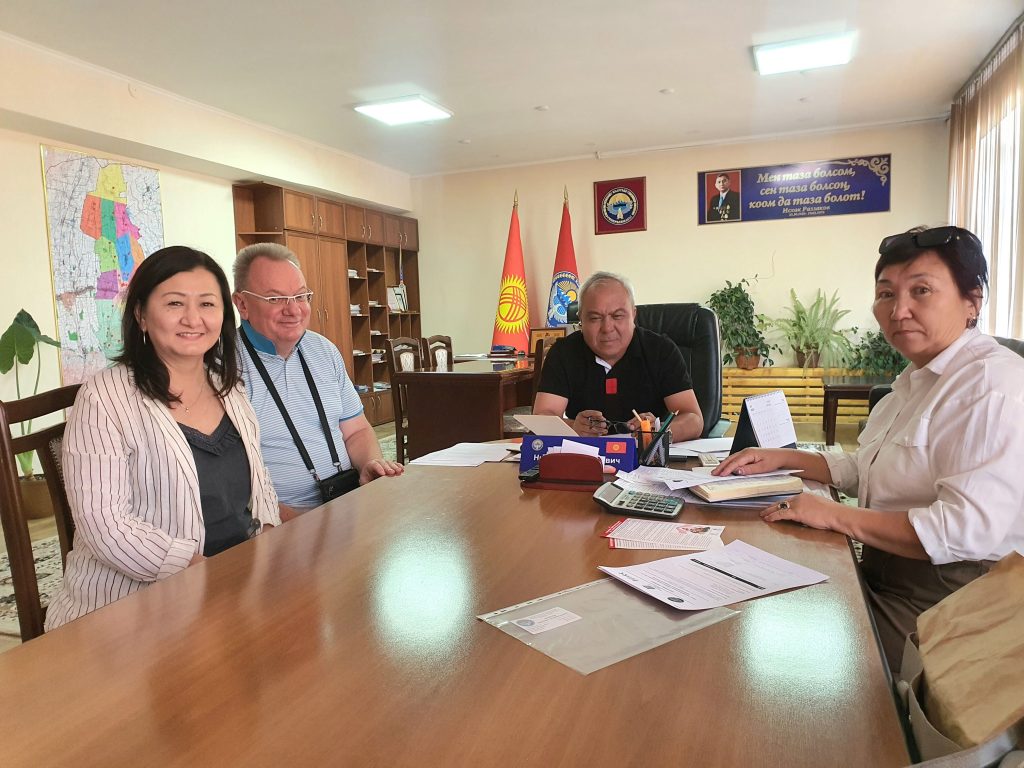
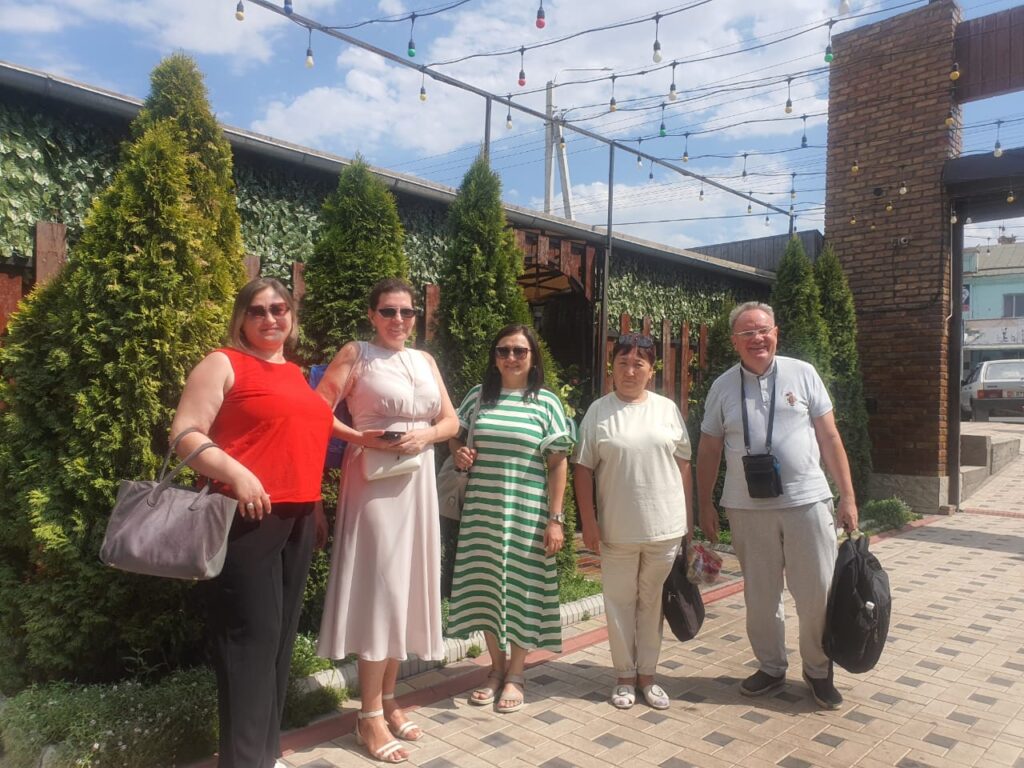
Photos by GLORI Foundation
Contact:
Elena Tkacheva,
Director, Chance Crisis Center
Bishkek
Kyrgyzstan
